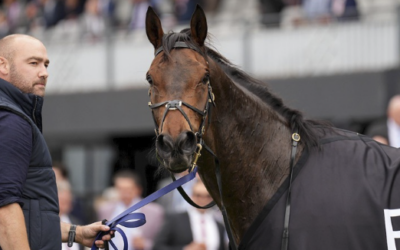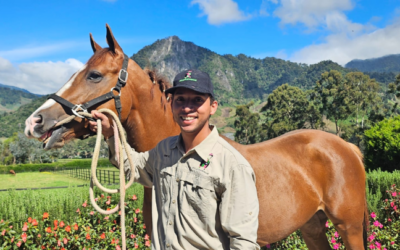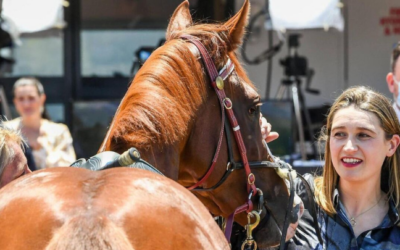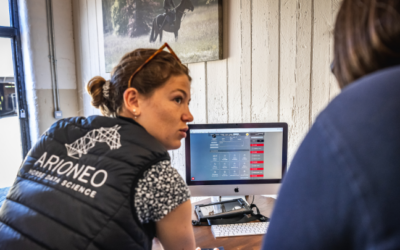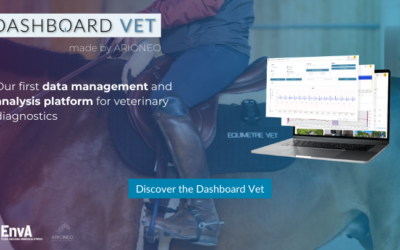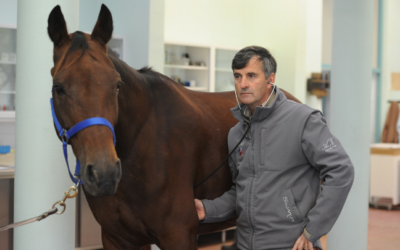EXPLORE
OUR BLOG
Here you will find information about performance and health measurements as well as tips about athlete horse health monitoring, telemedicine cases and equine well-being.

Subscribe to our newsletter
LATEST ARTICLES
ALL ARTICLES
Michael Blomeley: How the Advanced program is helping racehorse training with data science
Driven by his ambition to become a successful trainer, Michael explains how the Advanced program has equipped him to integrate data and sports science into his daily routine.
Jose Gutierrez & the Advanced program: Enhancing horse training with data analysis
In the world of horse racing, success is often attributed to instinct, experience, and tradition. However, Jose Gutierrez is proving that data analytics is the next frontier in optimizing performance and ensuring equine well-being.
Caroline Jennings & the Advanced program : revolutionizing equine research
Caroline Jennings, an expert trainer in biomechanics and equine research, uses cutting-edge analysis to optimise the performance and well-being of horses.
How to get started with data collection?
In the horseracing industry, more and more trainers and owners are exploring the combination of human intuition and data science to optimize the performance and well-being of their horses.
8 reasons to do the Essentials program
Data is revolutionising equestrian sports and racing. The Essentials program is the ideal introduction for trainers, riders and equine science enthusiasts.
Dr. Allen Page on his use of Equisym: Advancing equine locomotion research and care
Dr. Allen Page, an assistant professor specializing in equine health, is dedicated to advancing research in musculoskeletal conditions and inflammation in horses.
How The Advanced program helped Nick Pinkerton with equine performance and analysis
In this interview, Nick Pinkerton reflects on his career, his involvement in the Advanced program, and his ambitions to revolutionize equine performance analysis through data science.
DASHBOARD VET: Our first veterinary data analysis platform
Our first veterinary data analysis platform that is user-friendly, precise and complete has been developed to help veterinarians analyze horse data.
Equimetre, at the service of equine well-being in high-level competition, Xavier Goupil testimonial
Xavier Goupil, an equine veterinarian, shares his expertise on the integration of Equimetre, within the French eventing team.
.

